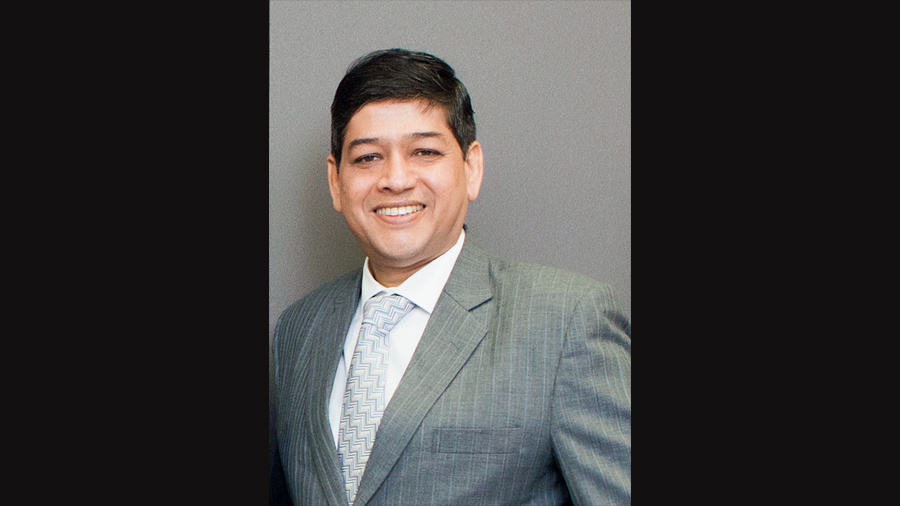Linde, a leading global company in industrial gases, has stepped in to ease the supply crunch of medical oxygen witnessed in the Covid-hit states. In an interview with The Telegraph, Moloy Banerjee, head of gases-South Asia of Linde South Asia Services Pvt Ltd, says it is working with their operations and partners across various countries in the Asia-Pacific region to source cryogenic containers in a short period.
India is going through one of the worst phases of the Covid crisis because of non-availability of oxygen. Being in this industry for decades in India, what
do you think has led to this crisis?
This second wave of Covid-19 is spreading faster and wider than the first wave and is also leading to more severe infections, which require a higher use of medical oxygen for treatment.
What measures need to be taken to alleviate the crisis?
Our main focus should be on increasing supply and improving distribution efficiency, and thankfully many such measures are already in place. For example, Linde is working with various partners to urgently import cryogenic ISO containers from across the Asia Pacific to India. We are also converting liquid argon and liquid nitrogen tankers to liquid oxygen instead, as well as building new installations at various partner hospitals.
The government of India has already issued a directive to redirect almost all oxygen production and supplies to healthcare services and have repurposed railways and airways to supply to areas in need. We are even seeing companies in other industries that are allocating resources to produce medical oxygen.
Linde has 20 plants in India. Where are they located and how much LMO (liquid medical oxygen) can they produce?
Our plants are spread across India, and are capable of producing over 2,000 mt of LMO a day.
What is the current demand-supply scenario of LMO. How can we be more prepared should the demand rise further?
Please refer to authorised publications for this data. Various ways are being explored to enhance availability and distribution.
Will it impact the supply to industrial customers?
The government of India has already issued a directive to redirect supplies of oxygen from most industries to healthcare services from April 22. Linde is completely complying with the directive.
It appeared that the transportation of oxygen from the plants to the crisis-prone states had been a major challenge. We understand Tata Group and ITC imported cryogenic tankers and airlifted them to India. What role is Linde playing in this logistics chain?
Linde India is working with our operations and partners across APAC, such as Singapore, China and Thailand, to supply and import ISO cryogenic containers to India. This is an unprecedented level of coordination for Linde as these arrangements are being done in an extremely short amount of time in tandem with partners from several countries. Once the tankers arrive in India, we facilitate their delivery to various partnered medical centers and hospitals.
Is there a constraint on how many tankers can be filled in a day? If so, how can it be resolved?
The bigger challenge right now is the limited availability of tankers, which is why Linde has been taking measures.
How many cryogenic containers does Linde plan to bring to India?
We have tied up with Tata Group to bring 24 containers and four of them have already arrived. Linde Group is procuring these containers from various sources. We are in dialogue with others to execute more such arrangements.










